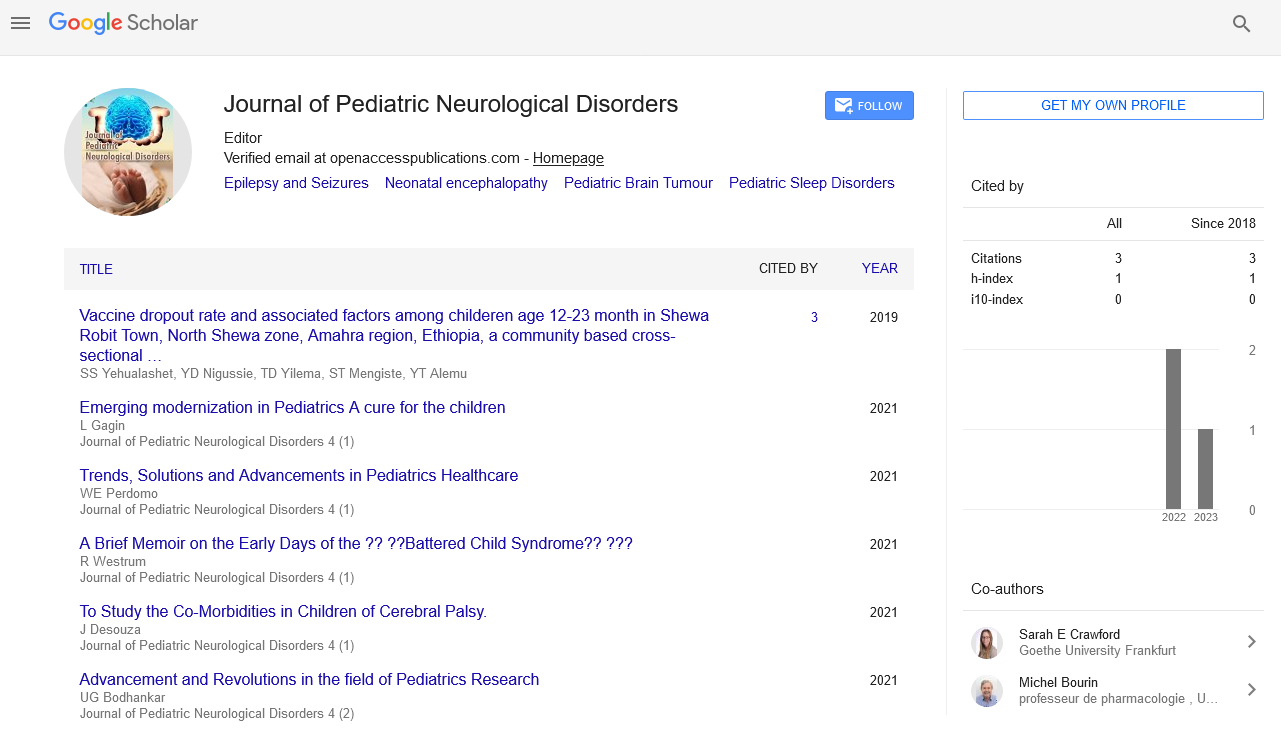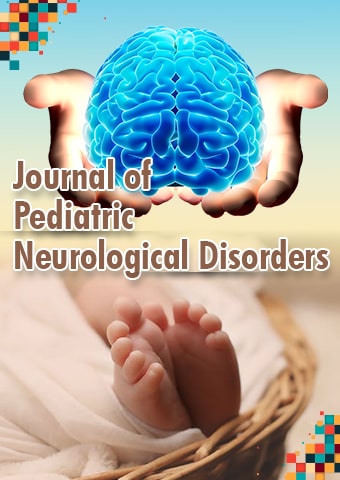Short Communication - Journal of Pediatric Neurological Disorders (2020)
Surgical treatment of focal forms OS Congenital Hyperinsulinism: Is it all defined?
Sukhotskaya A A
National Medical Research Centre, SaintPetersburg, Russia
Abstract
Introduction: About 30-60% of all patients with congenital hyperinsulinism have delayed psychomotor development, and 15-25% have severe organic brain damage, including epilepsy. Timely diagnosis and intensive treatment can prevent the development of severe neurological complications. During the ineffectiveness of conservative therapy, surgical treatment is necessary. Objective: To determine the indications for various methods of surgical correction of focal forms of congenital hyperinsulinism. Materials and methods: In the Department of Pediatric Surgery of NMIC named after V.A. Almazov from 2017 to March, 2019 14 children with focal forms of congenital hyperinsulinism were operated according to PET-CT, out of which data of 2 children were doubtful. Results: Out of 14 children 13 (93%) had complete relief of hyperinsulinism, a significant improvement in psycho-motor development. 10 children out of (71%) 14 children had complete recovery, and 1 baby (7%) achieved a significant positive trend. 3 (21%) patients need insulin therapy with minimal dosages, these are all children with an atypical (mixed adenomatous-diffuse) forms of hyperinsulinism. Conclusion: In case of focal lesions of the pancreas, partial pancreatectomy is shown with maximum preservation of healthy tissue according to express biopsy data for any localization of the lesion, for a typical form the volume of pancreatectomy is determined individually
Publications
1. Surgical treatment of the Congenital Hyperinsulinism: A preliminary analysis
2. Surgical treatment of Atipical forms of Congenital Hyperinsulinism
Biography
Sukhotskaya AA is working in National Medical Research Centre, SaintPetersburg, Russia and has successfully completed many research works and has published many papers.

